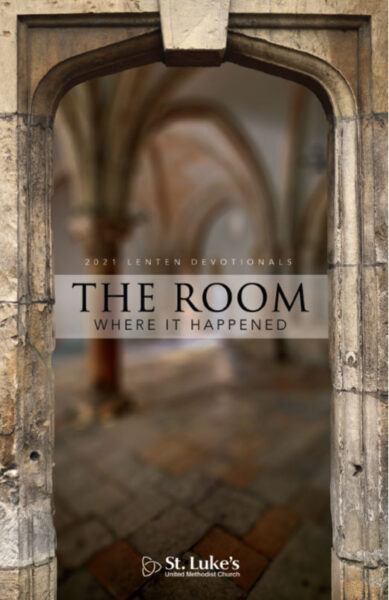At the time of Jesus, the Roman government had publicans, chief tax collectors who were charged with the responsibility of collecting the taxes in a region. Zaccheus is an example of a chief tax collector in the Bible. In turn, they would employ many different people in the region to actually collect the taxes. There were a multitude of taxes: everyone over a certain age was taxed with the exception of the elderly, there were travel taxes on roads, import taxes on multiple products, food taxes, etc.
The chief tax collector made his living by setting the taxes; he knew what the Government was expecting to receive and so he added to the tax so that he could profit. He would then tell his tax collectors what he expected them to collect, and they would do the same thing. They would tax the people a bit more so that they could also have their cut. So the amount the Roman government wanted was increased for the sake of the chief tax collectors and then increased again for the local tax collectors. A little bit of an upcharge would have been accepted for the person to make a living, but the fact that they were often very wealthy suggests that they weren’t satisfied with a modest salary.
Zealots were people who believed that they were called to overthrow the foreign Roman government to purify their land. They felt paying taxes to the Romans was a sin because it supported the enemy government, which made it a treasonous affront to God.
Remember the account found in Mark 12:13-17 where leaders were trying to entrap Jesus, and so in a large group of people, where there were many who advocated loyalty to the Temple above all, and others who advocated loyalty to the Roman authority above all, Jesus was asked, “Is it lawful to pay taxes to Caesar or not?” Jesus responded by asking them whose picture and inscription were on the coin and said, “Render to Caesar the things that are Caesar’s, and to God the things that are God’s.” Jesus didn’t say if one ideology was correct, and He didn’t condemn the other ideology. Instead, he revealed the insignificance of their infighting compared to giving one’s self to God.
When Jesus chose His inner circle of 12 disciples, he called Matthew, who was a tax collector, and Simon, who was a Zealot. There had to be some initial arguments between the two men; was paying taxes necessary for the country’s infrastructure or was it a sin before God? But Jesus called them to follow Him and focus on the things that mattered to God. Jesus brought them together because they both needed connection to God and they both could be helpful in growing the future church.
We sometimes allow our thoughts to become so narrow-minded that we think most issues, questions, or arguments have only one right answer and that any other idea is not only wrong, but harmful. Most of the time, we don’t ask whether the argument was worth having in the first place. Christ loved both Matthew and Simon the Zealot and used them in His ministry. That is an important lesson for all of us. When we take up an issue, how do we feel about the people on the “other side”? Are we treating them as a child of God? Of course we won’t always disagree, but it’s the way we disagree that can be harmful. If you disagree with someone’s beliefs, make sure they know that the disagreement of ideas has no bearing on how you value them as a person. They belong to God.
This week:
If you find yourself getting irritated or angry at the views of someone, take a moment and remember that they’re a child of God. No matter how outlandish, offensive, or wrong you believe their ideas to be, remember that they’re still loved by God, as you are.
Questions to Consider:
1. Are there people whose beliefs or actions are so disagreeable to you that you would not be able to have a conversation with them?
2. Do you believe that God loves all people?
3. Which is more important to you: to win an argument and be right, or to share God’s love and be kind?
Focus for the Week:
Be intentional about listening to the concerns of others. This week, focus on trying to understand the people who have differing views than yours. Put yourself in their place and try to determine their fears and understand their feelings. Then, say a prayer for them and ask God to bless them.



